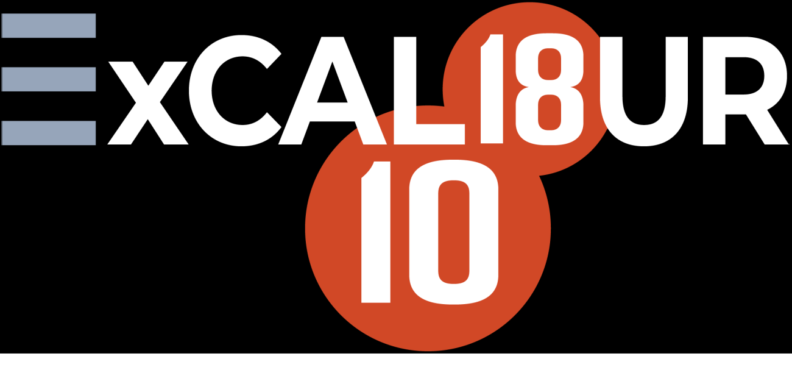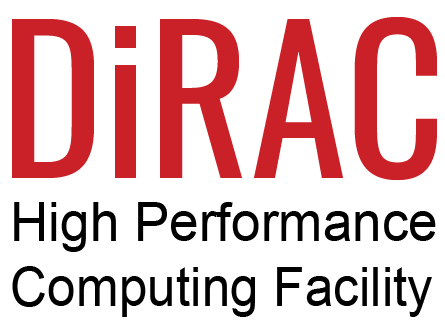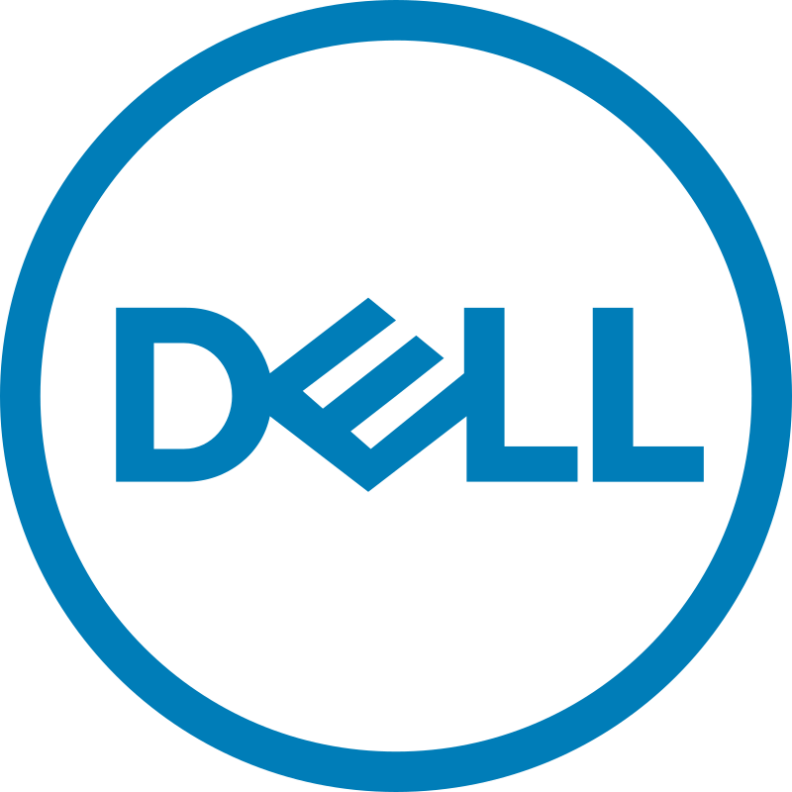Durham HPC Days – Spring 2023
Durham HPC Days – Spring 2023
16 May – 19 May 2023
Durham University, Department of Computer Science, Durham, UK
MSCS 0001
Online Streaming
The vendor seminar on Wednesday is streamed online on this link: Kitware Session
The sessions on Thursday and Friday are streamed here: HPC Days Thu/Fri
The poster session on Thursday is not streamed online.

In the week before ISC 2023, we host a set of HPC-related events with guests from all over the UK and from abroad. Registration is open free of charge for all researchers. While we will stream the talks, the core event will run face-to-face in Durham. Our overarching motto this year is
Embracing (hardware, domain and people) diversity at the high end
While we likely see the last generation of homogeneous machines rolling into our machine rooms, the community finally has to start to discuss how they will adopt new heterogeneous machinery and workloads. An important aspect here will be how we integrate core computer science and applied maths with the application disciplines – can we continue to run general-purpose machines and general-purpose codes – what we have learned from case studies on prototypical hardware so far – how do we have to alter our algorithms, our workflows and our quantities of interest – and how we manage to recruit and train the right people with the right skill set to tackle these areas.
Overview
The HPC Days are a series of events. You can sign up for different parts of it separately. For most people who are not members of particular projects or workshops, Thursday afternoon and Friday are the most interesting sessions. Details on the sessions are provided below via the in-page links.
| Tuesday 16 May | Wednesday 17 May | Thursday 18 May | Friday 19 May | |
| 9:00-10:00 | PAX-HPC project meeting | 2023 Performance Analysis Workshop – Feedback and Wrap-up | Programming the next generation of supercomputers (ExCALIBUR Workshop) |
|
| 10:00-11:00 | ||||
| 11:00-12:00 | ||||
| 12:00-13:00 | Lunch break | |||
| 13:00-14:00 | PAX-HPC project meeting | PAX-HPC project meeting | Keynote: Emma Barnes | Keynote: David Keyes |
| 14:00-15:00 | Discussion: Workforce Diversity | Keynote: Dan Stanzione | ||
| 15:00-16:00 | Networking & Coffee | Closing remarks | ||
| 16:00-17:00 | Vendor seminar (Kitware) Kitware fireside chat |
Programming the next generation of supercomputers (ExCALIBUR Workshop) |
||
| 17:00-18:30 | ||||
| 18:30-21:00 | Dinner SIAM Student Chapter poster session |
|||
The whole programme as PDF at a glance:
Activities
Programming the next generation of supercomputers
ExCALIBUR is the UK’s exascale software programme. While the programme funds primarily algorithmic research, software development and training, it has a funding stream for experimental hardware called H&ES. Most of these experimental platforms are now up and running. At the same time, we assume that most ExCALIBUR software projects have major workpackages in their agenda which port their codes to novel architectures. In this workshop, we want to bring H&ES projects and ExCALIBUR software projects together and let them report on experiences and lessons learned. What did they get out of running their codes on experimental hardware, what are the lessons learned, and how do these insights shape next development steps?
| Slot | Name | Title | Project | Links |
| Thursday, 16:00-16:25 | Jeremy Yates | H&ES – the vision behind the Hardware & Enabling Software stream within ExCALIBUR | H&ES (UCL) | |
| Thursday, 16:25-16:50 | Mark Wilkinson | How hardware testbeds and scoping workshops guide the procurement in DiRAC | DiRAC | |
| Thursday, 16:50-17:10 | Coffee | |||
| Thursday, | Benedict Rogers | PAX-HPC (Manchester) | ||
| Thursday, 17:10-17:35 | Adrian Jackson | ExCALIBUR’s FPGA testbed (working title) | H&ES (EPCC) | |
| Thursday, 17:35-18:00 | Juan Rodriguez Herrera | Training design and delivery: ARCHER2 and UNIVERSE-HPC | Universe-HPC (EPCC) | |
| Evening event | ||||
| Friday, 9:00-9:25 | Tom Deakin | How do I know if my application is Performance Portable? | Benchmarking (Bristol) | |
| Friday, 9:25-9:50 | Tobias Weinzierl | Intelligent algorithms on intelligent networks – experiences and challenges using NVIDIA’s BlueField technology | H&ES (Durham) | Durham Intelligent NIC Environment (DINE) |
| Friday, 9:50-10:15 | Christopher Maynard | Gung Ho and LFric – how new hardware affects the UK weather forecast (working title) | Met Office use case | |
| Friday, 10:15-10:45 | Coffee | |||
| Friday, 10:45-11:10 | Nick Brown | A common Domain Specific Language ecosystem and RISC-V | xDSL X-cutting project and RISC-V testbed (EPCC) | |
| Friday, 11:10-11:35 | Viv Kendon | Quantum computer or quantum accelerator – and what shall we do with that in an HPC system (working title) | QEVEC (Strathclyde) | |
| Friday, 11:35-12:00 | Jon Green, Alastair Basden | Rockport | H&ES (Durham) | Rockport testbed |
We appreciate the support of Rockport and Dell to make this event possible.
This event is open to the public. We will stream the event, but it is not a hybrid event with optional remote participation.
Location: Scott Logic lecture theatre (Computer Science building)
Keynote: Sustainable Accessible Research IT
Emma Barnes
Head of Research IT & Acting Head of Faculty IT
University of York
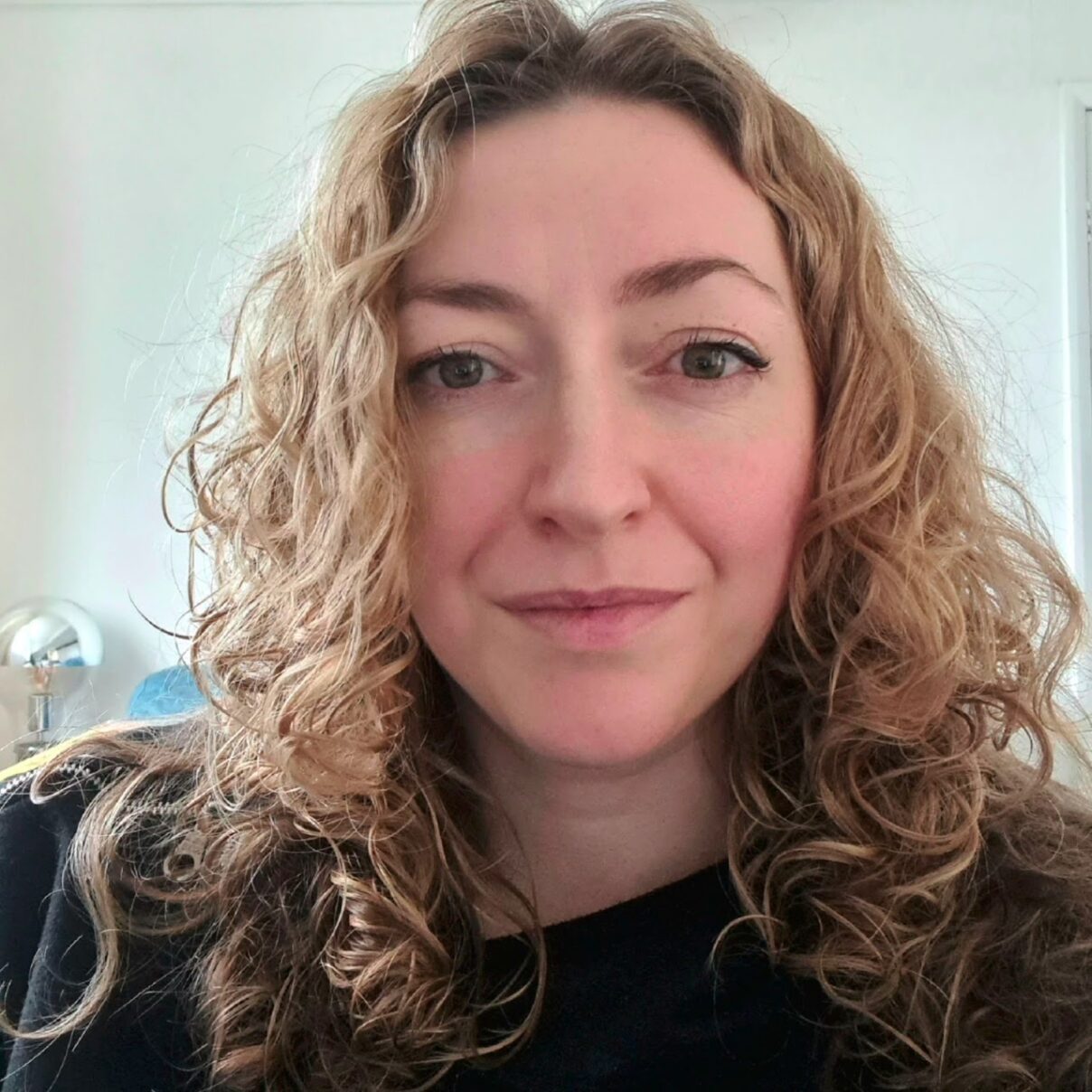
Biosketch
Emma Barnes is Head of Research IT at the University of York. Emma has spent the last 8 years building the research IT offering at the University. Emma project managed the first major cluster offering at the University (Viking). The £2.5 million project offers researchers and academics free access to the technology, and has been a huge success with users from a range of disciplines and backgrounds. We are now working on its replacement with a bigger focus on sustainability. The research IT team has also recently established a Research Software Engineering group and her focus is now on building up the infrastructure team where we can promote career development, training and peer support.
The team’s other focus is accessibility, either through educating users or embracing new technologies. Where we are now focusing on efforts to support non- traditional HPC users and where appropriate, implementing new technologies to enhance research and teaching.
Emma received her MPhys in Physics with Astrophysics at the University of York, then completed her PhD in Astroparticle physics at the University of Edinburgh. Edinburgh was where Emma became a programming and Linux enthusiast, which continued throughout her Postdoctoral work in Boston University US in Particle physics. Emma later switched careers to a more computing focus and can now use her passion for research IT to benefit research throughout the university.
Location: Scott Logic lecture theatre (Computer Science building)
Discussion: Workforce Diversity
The N8 CIR WHPC Chapter is leading a discussion on how to increase diversity and inclusiveness in the (computational) workforce.
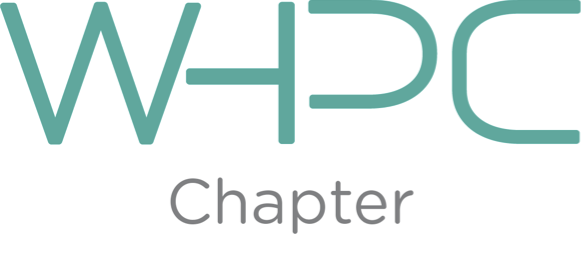

| 13:00 | Welcome and short intro to N8 CIR WHPC chapter | Marion Weinzierl |
| 13:15 | Keynote: Sustainable Accessible Research IT | Emma Barnes |
| 14:00 | Talk: Workforce Diversity | Melyssa Fratkin |
| 14:30 | Discussion: Workforce Diversity | Mariann (Maz) Hardey |
This event is open to all participants of the HPC Days who are interested in workforce diversity. It is notably not a women-only event!
Location: Scott Logic lecture theatre (Computer Science building)
Keynote: Efficient Computation through Tuned Approximation
David Keyes
Extreme Computing Research Center
King Abdullah University of Science and Technology
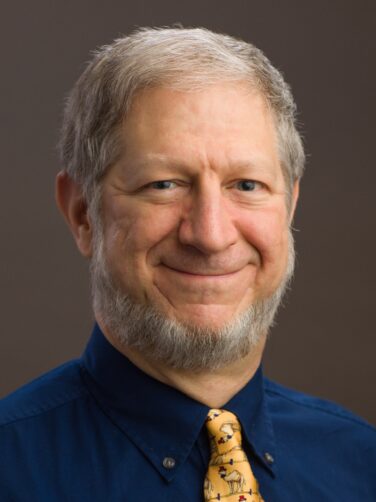
Abstract
Numerical linear algebra software is being reinvented to provide opportunities to tune dynamically the accuracy of computation to the requirements of the application, resulting in savings of memory, time, and energy. Floating point computation in science and engineering has a history of “oversolving” relative to expectations for many models. So often are real datatypes defaulted to double precision that GPUs did not gain wide acceptance until they provided in hardware operations not required in their original domain of graphics. Indeed, the condition number of discretizations of the Laplacian reaches the reciprocal of unit roundoff for single precision with just a thousand uniformly spaced points per dimension. However, many operations considered at a blockwise level allow for lower precision and many blocks can be approximated with low rank near equivalents. This leads to smaller memory footprint, which implies higher residency on memory hierarchies, leading in turn to less time and energy spent on data copying, which may even dwarf the savings from fewer and cheaper flops. We provide examples from several application domains, including a review of a 2022 Gordon Bell finalist computation that benefits from both blockwise lower precisions and lower ranks.
Biosketch
David Keyes directs the Extreme Computing Research Center at the King Abdullah University of Science and Technology (KAUST), where he was a founding Dean in 2009 and currently serves in the Office of the President as Senior Associate. He is a professor in the programs of Applied Mathematics, Computer Science, and Mechanical Engineering. He is also an Adjunct Professor of Applied Mathematics and Applied Physics at Columbia University, where he formerly held the Fu Foundation Chair. He works at the interface between parallel computing and PDEs and statistics, with a focus on scalable algorithms that exploit data sparsity. Before joining KAUST, Keyes led multi-institutional scalable solver software projects in the SciDAC and ASCI programs of the US Department of Energy (DoE), ran university collaboration programs at US DoE and NASA institutes, and taught at Columbia, Old Dominion, and Yale Universities. He is a Fellow of SIAM, the AMS, and the AAAS. He has been awarded the Gordon Bell Prize from the ACM, the Sidney Fernbach Award from the IEEE Computer Society, and the SIAM Prize for Distinguished Service to the Profession. He earned a B.S.E. in Aerospace and Mechanical Sciences from Princeton in 1978 and a Ph.D. in Applied Mathematics from Harvard in 1984.
This event is open to all participants of the HPC Days.
Location: Scott Logic lecture theatre (Computer Science building)
Keynote t.b.c.
Dan Stancione
Associate Vice President for Research
Executive Director, Texas Advanced Computing Center (TACC)
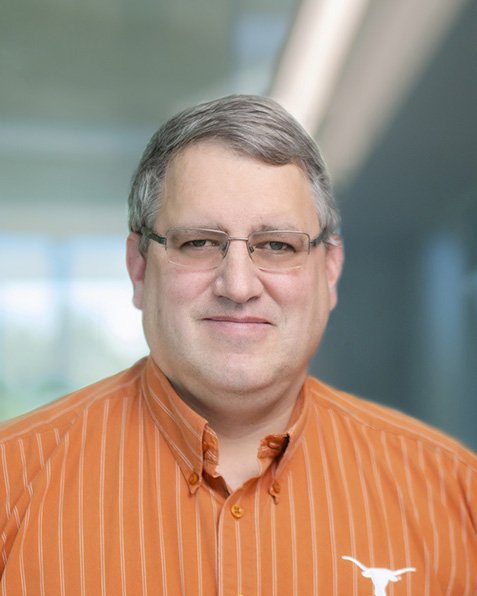
Abstract
t.b.c.
Biosketch
Dr. Dan Stanzione, Associate Vice President for Research at The University of Texas at Austin since 2018 and Executive Director of the Texas Advanced Computing Center (TACC) since 2014, is a nationally recognized leader in high performance computing. He serves on the National Artificial Intelligence Research Resource Task Force, formed by the National Science Foundation (NSF) and the White House Office of Science and Technology Policy (OSTP). He is the principal investigator (PI) for an NSF grant to deploy Frontera, the fastest supercomputer at any U.S. university. Stanzione is also the PI of TACC’s Stampede2 and Wrangler systems, supercomputers for high performance computing and for data-focused applications, respectively. For six years he was co-PI of CyVerse, a large-scale NSF life sciences cyberinfrastructure. Stanzione was also a co-PI for TACC’s Ranger and Lonestar supercomputers, large-scale NSF systems previously deployed at UT Austin. Stanzione received his bachelor’s degree in electrical engineering and his master’s degree and doctorate in computer engineering from Clemson University.
This event is open to all participants of the HPC Days.
Location: Scott Logic lecture theatre (Computer Science building)
Performance Analysis Workshop
Durham’s Department of Computer Science and DiRAC host a five-week performance analysis workshop in spring 2023. Various groups bring various simulation codes to multiple sessions discussing various performance analysis tools. The last and final session of this workshop is a wrap-up, where the participants present lessons learned and outcomes.
This event is open to all participants of the HPC Days, i.e. not only to people who are registered for the Performance Analysis Workshop. The event is in-person, but participants of the workshop series will also be able to dial in via Zoom if required.
Location: Scott Logic lecture theatre (Computer Science building)
Event link: Whole workshop series
Vendor seminar and fireside chat
Each academic term, Durham’s Scientific Computing research group invites vendors to introduced their newest technology and to discuss the potential impact of this technology on research, grant writing and the future of the field. In the week of the HPC Days, our guest is Kitware discussing nuances of large-scale (in-situ) data postprocessing and visualisation.
The Wednesday seminar is public, i.e. open to the public, i.e. all participants of the HPC Days, and it also is streamed via Zoom.
After the public talk (lasting around an hour), there will be the opportunity to speak with Kitware representatives in more detail. This part is open to Durham employees only, such that all conversations are covered by NDA.
Location: Scott Logic lecture theatre (Computer Science building)
Event link: SciComp Seminar (consult for Zoom link)
PAX-HPC project meeting
This meeting is by invitation only for the members of the ExCALIBUR PAX-HPC project.
| Tue, 13:30-14:00 | Welcome | Consortium members arrive, coffee Welcome note | Tobias Weinzierl |
| Tue, 14:00-15:30 | Status update | – GPU Acceleration for SPH With Inter-dependent Fine-grained Tasking – CASTEP for Exascale HPC – Tasking and asynchronous MPI in SWIFT – Uncertainty quantification on materials science | – Abouzied (Manchester) – Matt (York) – Peter and Alastair (Durham, ICC) – Woongkyu (UCL) |
| Tue, 15:30-16:00 | Coffee break | ||
| Tue, 16:00-17:30 | Status update | – Swift 2: keeping the good, discussing the bad, removing the ugly – A C++ language extension to write memory-efficient Lagrangian codes – Recent activities in QEVEC | – Mladen – Pawel (Durham, CS) – Viv (Strathclyde) |
| Tue, 17:30-18:30 | Discussion | Research data management | Ben Rogers |
| Tue, 19:00 | Dinner | Tia’s | Consortium members |
| Wed, 9:00-10:30 | Breakout sessions | Coffee – Room 1: How do we use non-blocking MPI and MPI’s new features such as RMA? Room 2: How to we dump our files and, in general, realies I/O? | Participants join group of interest and discuss their algorithmic approach. Goal is to identify best practices and common pain. |
| Wed, 10:30-11:00 | Coffee break | ||
| Wed, 11:00-12:00 | Update | Reps of breakout sessions meet and introduce outcomes to whole consortium | Whole consortium |
| 12:00-13:00 | Light lunch | ||
| Wed, 13:00-14:30 | Discussion | – Upcoming events and conference attendance – Presence at CIUK – Joint publications | Whole consortium |
| Wed, 14:30-15:30 | Wrap-up | Summary, next steps, next meeting | Scott Woodley, Tobias Weinzierl |
| Wed, 17:30-19:00 (est) | Project management | Project management meets | (panel members only) |
| Wed, 17:30-19:00 (est) | Homepage hackathon | Hackathon to create joint project webpage and dissemination material such as posters (to be sent to EPSRC afterwards) | All RSEs and PDRAs invited |
Location: Scott Logic lecture theatre (Computer Science building)
Accommodation
There is no support for accommodation and travel, but we can point out that there are a few hotels nearby that guests of the department use frequently. Participants are expected to make all booking themselves:
- Hotel Indigo (15-20 min walk)
- Premier Inn (20-25 min walk)
- Marriott (15-20 min walk)
- Travelodge (25-30 min walk)
Travel
The University’s official Visit Us page provides some general guidance. The Department of Computer Science is on Mount Joy next to the Botanic Garden. Here are some further remarks how to get there:
- If you are arriving at Newcastle International, take the tram (there’s only one) to Newastle Central (less than 40 minute) and then take a train to the South. Durham is 15 minutes away from Newcastle Central.
- Alternatively, you can take a taxi from the airport (should be around 60 GBP for a drive of around 40 minutes in total).
- From Durham train station, it is a 30-40 minute walk, which is quite beautiful.
- Taxis should be available from the station and should be around 10-15 GBP.
- Right in front of the station, there’s a bus stop with two lines:
- Bus 42 to Mount Oswald. It runs every 30 minutes. Get off at “South Road Colleges” and walk up the hill from there (5 minutes).
- Bus 41 to University Science Park. Hop off at the final stop.
- We have plenty of parking spaces in front of the department, but you will have to contact us for a parking permit.
